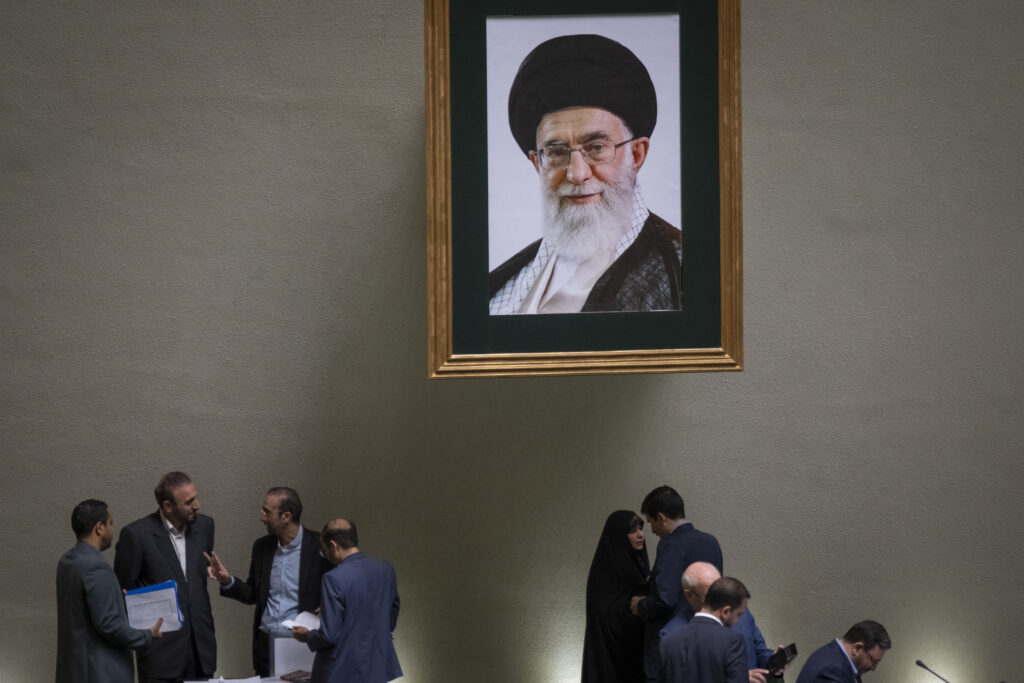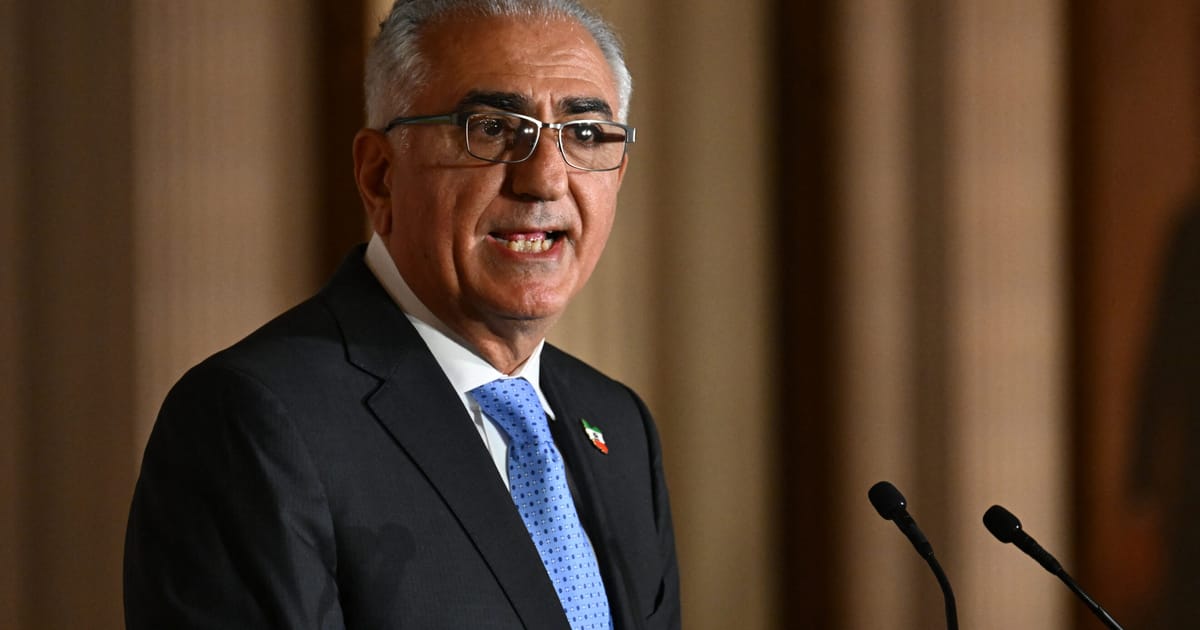While he insisted he was “not interested in power or a post,” he said he would play a role as interim leader to establish a new democratic constitution. “I’m not here to run for office but I have a critical role to play as a person people call upon because they trust me,” he said. “Today’s generation sees that as an element that could be a broker, an agent of change, a leader of transition that can appeal well above the political divisions to a sentiment of national unity.”
Other voices
Pahlavi still stirs skepticism among Iranians, even if he is promising to act solely as a facilitator of change, who will then step aside after seeking to unite the country’s highly splintered opposition camps.
While monarchist chants and symbols have popped up at demonstrations in Iran, other pro-democracy protesters have adopted the slogan that they want “neither a shah, nor a [supreme] leader.” Memories of the out-of-touch elites of the shah’s era and his feared SAVAK secret police run deep.
 Iran is widely blamed for stirring conflict across the Middle East and beyond, with its long-held policy of supporting Hamas and Hezbollah and supplying Vladimir Putin’s military with drones for attacks on Ukraine. | Morteza Nikoubazl/NurPhoto via Getty Images
Iran is widely blamed for stirring conflict across the Middle East and beyond, with its long-held policy of supporting Hamas and Hezbollah and supplying Vladimir Putin’s military with drones for attacks on Ukraine. | Morteza Nikoubazl/NurPhoto via Getty Images
Fundamentally, it is unclear whether any of Iran’s opposition abroad can prove a major force in overthrowing the regime, or whether more significant changes would be more likely to come from rivalries and fractures inside the current state apparatus.
Indeed, according to Sanam Vakil at the Chatham House think tank in London, there are big questions over whether the Iranian people are as close to ousting the regime as Pahlavi suggests. She argues that even if they are, he should not be thought of as the inevitable interim leader-in-waiting.
“His father was ousted for all sorts of reasons. Why are we going to put our money on the son that literally has done nothing in the 46 years since he left Iran?” she said. “It’s important to support Iranian agency. There are so many courageous visionaries inside the country and inside Evin Prison who are highly qualified but treated abhorrently by the Islamic Republic — many Nobel Prize winners, many human rights defenders. We should put money on them.”
For his part, Pahlavi insists he wants a new constitution with three pillars at its core: preserving Iran’s territorial integrity; creating a secular democracy separating religion from government; and enshrining “every principle of human rights,” including protection against discrimination on the grounds of sexuality, religion or ethnic background.
As soon as a referendum is held to ratify these new arrangements, he said, he would step back again. “That’s the end of my mission in life.”
